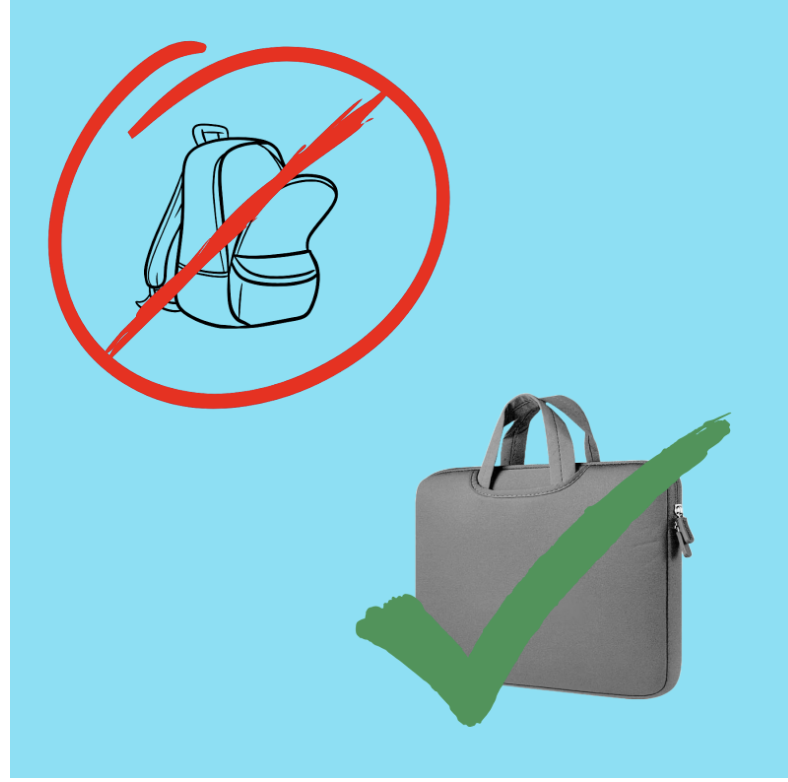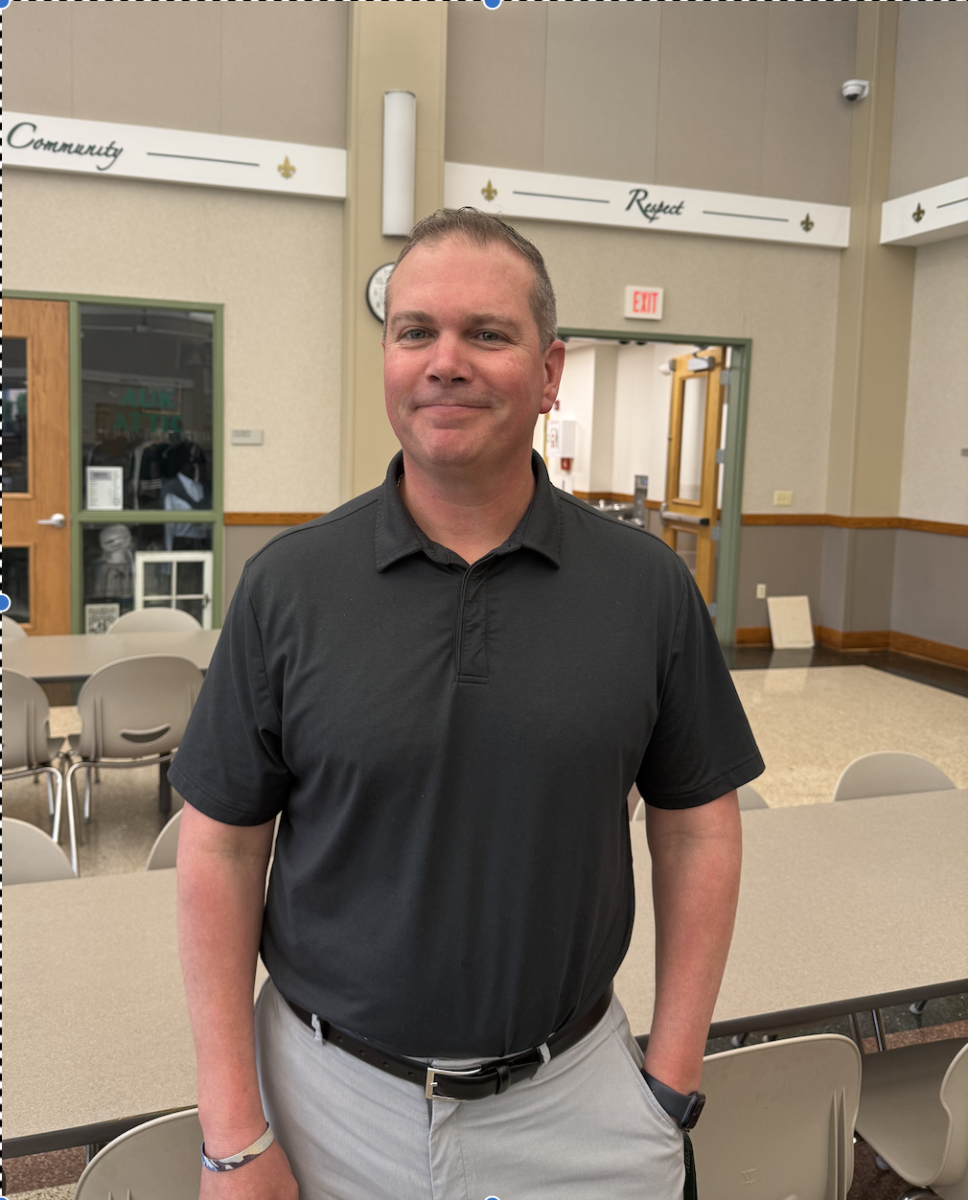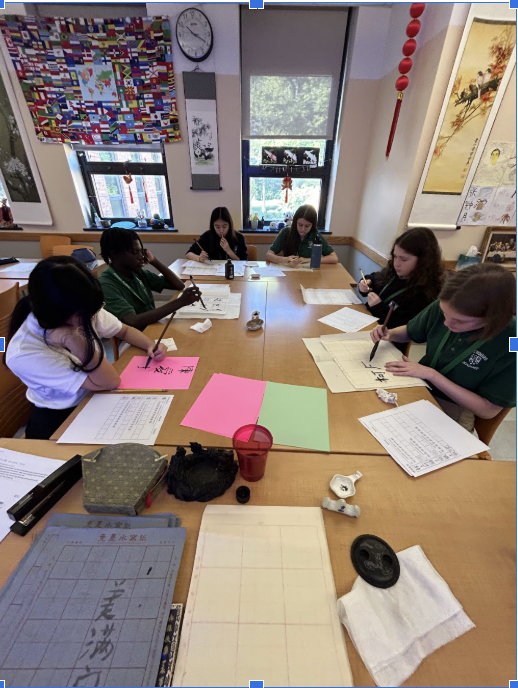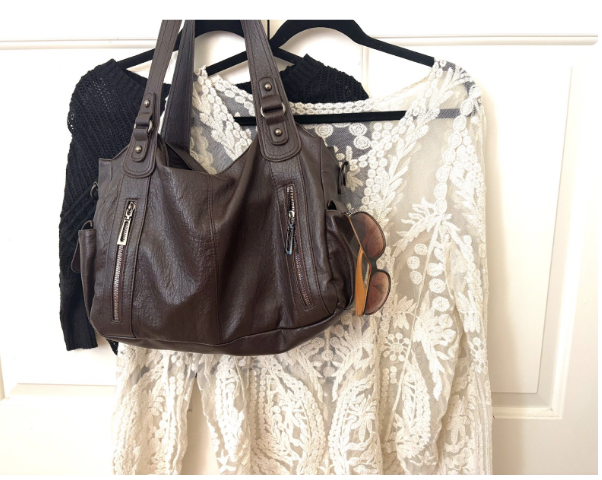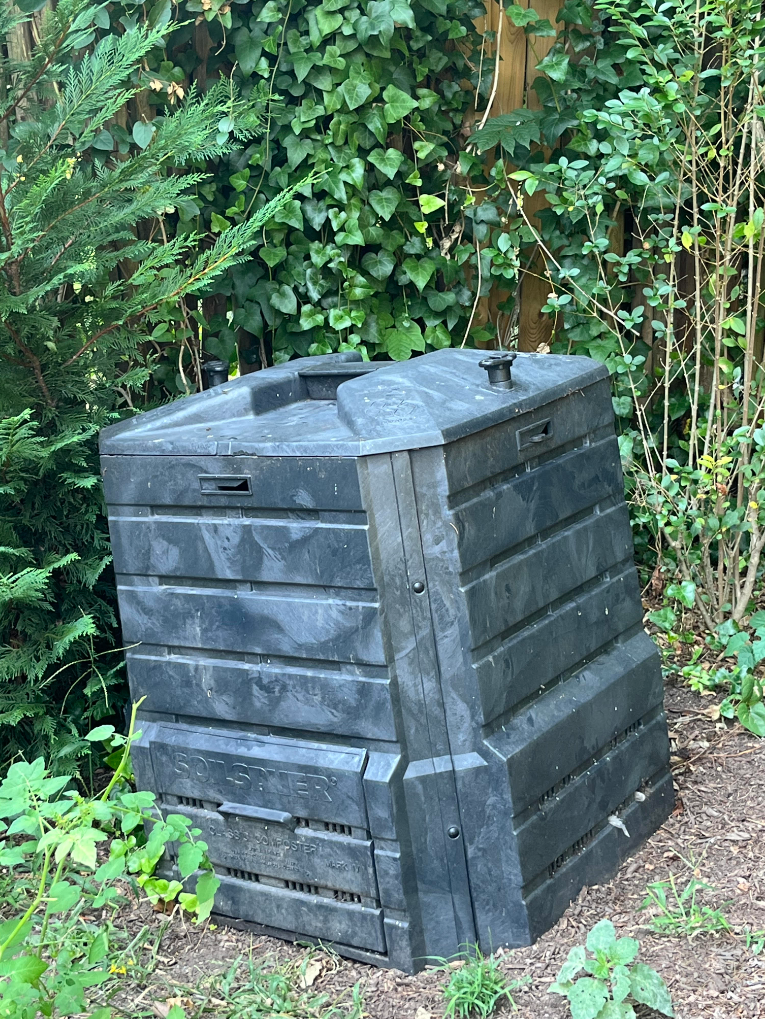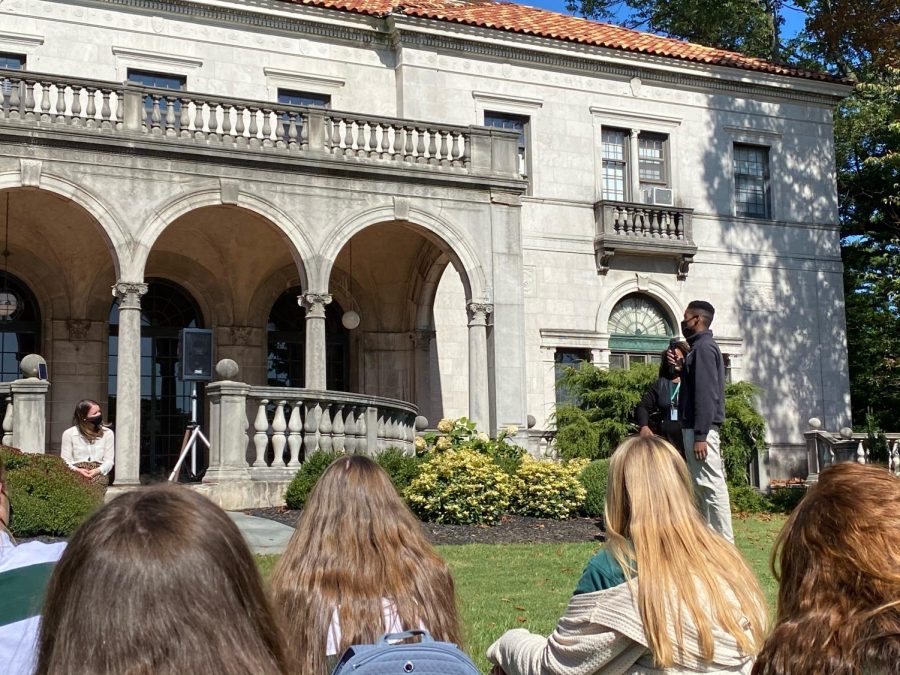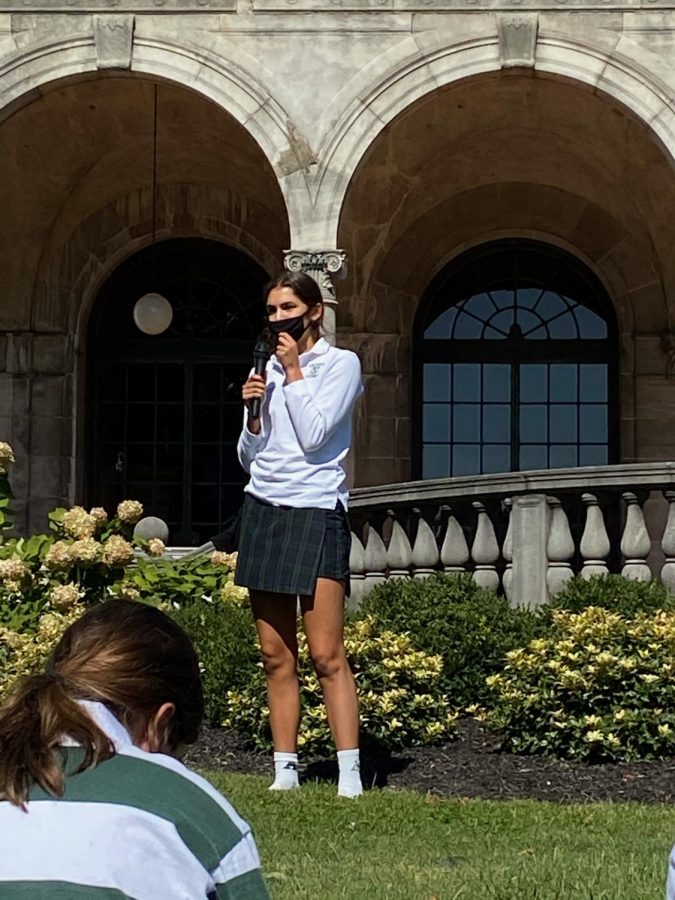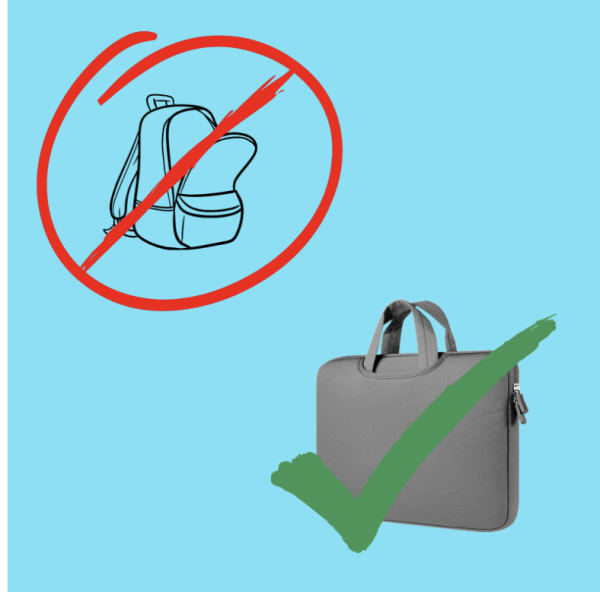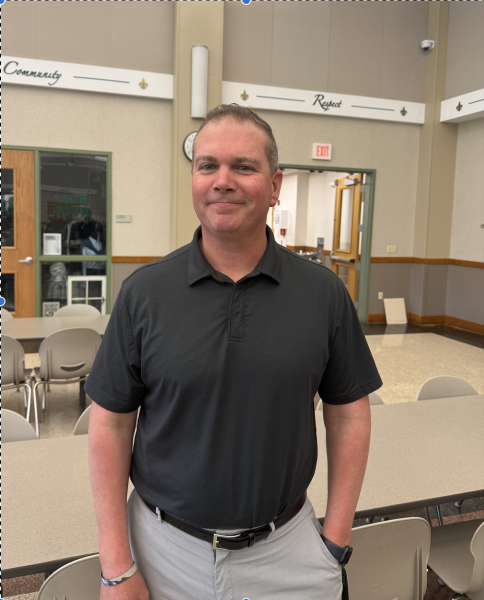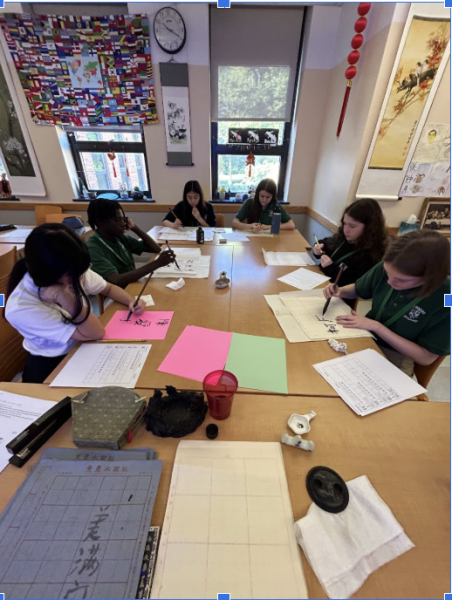The Fight for Social Justice at Home
The Coronavirus pandemic has disrupted and altered our society as we had once known it. The new health restrictions and other sanctions have become a “new normal”, as the threat of the virus continues to loom. With countless businesses shutting down, and the American economy facing losses, 2020 has presented hardship for many Americans. A CNBC study reports that approximately 60% of business closures will likely be permanent as a result of COVID-19. These numbers continue to rise, as local governments enforce mandates, restrictions, and other regulations to combat the virus.
However, 2020 has also been a year filled with calls to social justice, an end to systemic racism, and a call for an end to police brutality. Protests and riots across the United States have ensued after George Floyd’s death at the hands of Minneapolis police officer, Derek Chauvin, and the shooting death of Breonna Taylor. Remaining at the forefront of these protests has been Black Lives Matter, which defines themselves as “ a decentralized political and social movement advocating for non-violent civil disobedience in protest against incidents of police brutality and all racially motivated violence against black people”. The Black Lives Matter movement has found itself in many controversies, with many Americans, including President Trump, fearing the radical nature of their cause. In a tweet by the President, he states, “won’t let this symbol of hate be affixed to New York’s greatest street.” This comes in reference to New York City’s Mayor Bill De Blasio, allowing “Black Lives Matter” to be painted in bold yellow letters in front of Trump Tower in Manhattan. Although many Americans have showcased their disapproval of this movement, Black Lives Matter has continued to reign in support across the country in a common call to end of racism, hatred, and corruption within the American government.
Similar controversies would soon leave our television screens and present themselves at home, on Archmere’s very campus. According to the Delaware Department of Health, there are currently 23,325 total positive cases in Delaware. As a means to keep students on campus and prevent the continued spread of COVID-19, Archmere has instituted numerous health and safety regulations. Recently, however, the Archmere administration has proposed a new rule that would ban all politically driven and politically affiliated apparel—including Black Lives Matter masks.
In order to sustain and encourage the discussions regarding the Black Lives Matter masks, members of the Archmere’s Diversity and Inclusion club attended several group meetings at the Patio.Archmere’s Administrative leaders like Principal Thiel, Diversity, and Inclusion Director Mrs. Dove, Dr. Marinelli, and Mr. Nowaczyk listened to student appeals and helped cultivate discussions about the meaning behind the Black Lives Matter mask. These meetings spanned several weeks, and although the mask policy remained, these dialogues sparked initiatives elsewhere. In her Friday letter, Principal Thiel probes the minds of the Archmere community, “When there is no mask to wear, what kind of support structure, formalized racial and social justice coalition, and/or meaningful dialogue can we cultivate to create real, palpable change? How do we teach all students to use their voice and advocate for systemic change beyond this campus?” Led by Mrs. Dove, the Diversity and Inclusion Club has continued to hold focus groups on C days, to plan new initiatives and create new ways of educating the Archmere community on social justice issues.
Moreover, Archmere students have continued to find new ways to showcase their solidarity with the Black Lives Matter Movement, holding “Black Out Days” on C days and wearing all black masks throughout the week. Principal Thiel continues in her letter by stating, The surface-level divisiveness that a mask can create is not how we want to define progress; our masks cannot speak for us. Instead, we want to focus our energies on educating from within and creating a space for dialogues of substance, and instituting actionable steps and curricular changes. Archmere Academy has seen numerous changes come about as a result of these conversations regarding social justice and racism that have come about. Instituting new programming on C days for students to join focus groups, new segments on video announcements regarding social justice issues, as well as the review of current curricula to be modernized and more inclusive.
The students at Archmere Academy have continued to work to maintain the commitment to diversity, equity, and inclusion here at home that has for so long been a source of conflict within our society.
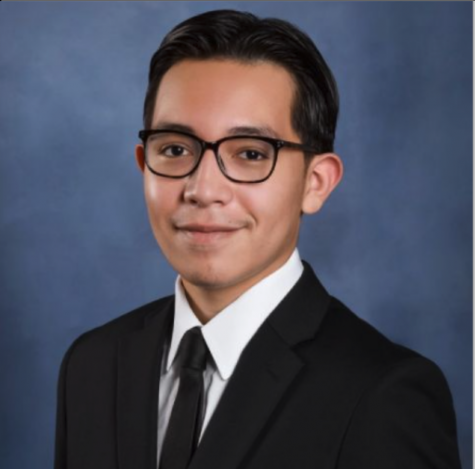
Brian is a senior and is a returning writer for The Green Arch, currently a News Editor. He can be described as a generous friend with a great sense of...

